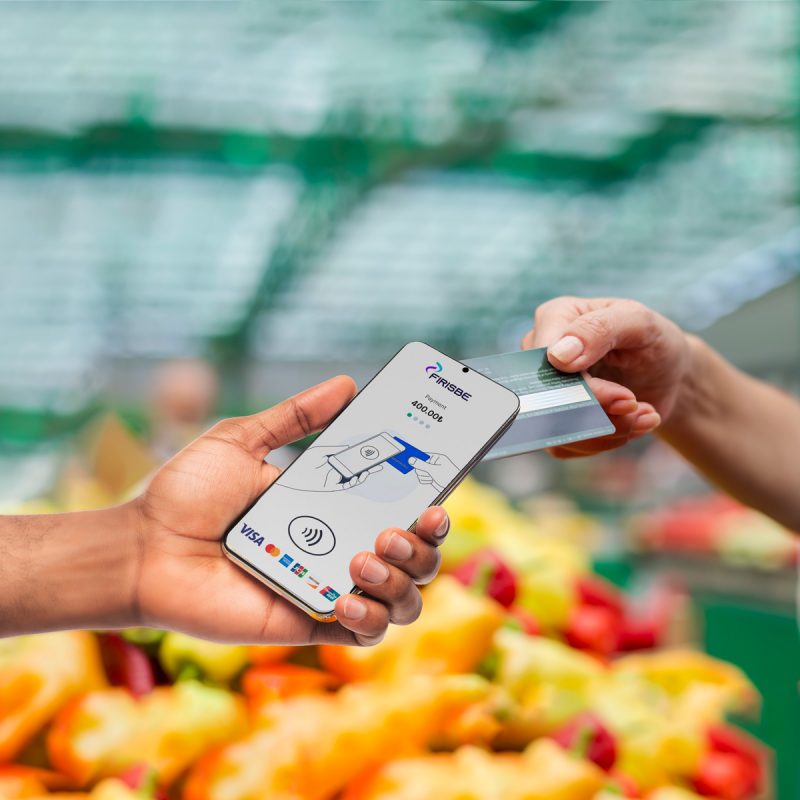The advancement of mobile technology and digital payment systems has led to significant changes in the retail and service sectors. Soft POS (Software Point of Sale) is one of the most innovative examples of these changes. Offering flexibility and cost advantages that can replace traditional POS terminals, Soft POS allows businesses to turn their mobile devices into payment terminals.
What is Soft POS?
Soft POS stands for “Software Point of Sale” and enables payment acceptance through software running on mobile devices. This technology allows businesses to use their smartphones or tablets as POS terminals. Soft POS supports contactless payments using NFC (Near Field Communication) technology and operates without requiring additional hardware. This feature provides a major advantage, especially for small businesses, mobile vendors, and startups. Compared to traditional POS terminals, Soft POS is a more cost-effective, flexible, and user-friendly solution.
Methods of Using Soft POS
Mobile Device Integration: Soft POS is used as an application on mobile devices such as smartphones and tablets. Businesses can download the Soft POS application to their devices and start accepting payments after a quick setup process. This is ideal for vendors who work in the field without a fixed payment point. With mobile device integration, businesses can accept payments from anywhere and offer flexible payment options to customers.
Contactless Payments: Soft POS supports contactless payments using NFC technology. Customers can make payments by holding their contactless credit cards, debit cards, or NFC-compatible mobile wallets close to the mobile device. This speeds up the payment process and improves the customer experience.
QR Code Payments: Soft POS can also support QR code payments. Businesses can generate a QR code for the payment transaction through the Soft POS application. Customers then scan this QR code with their mobile device to complete the payment. QR code payments are a suitable alternative for devices with weak internet connectivity or without NFC support. This method is commonly used in restaurants, cafes, and events.
Multiple Payment Options: Soft POS supports various payment methods, including credit cards, debit cards, digital wallets, and mobile banking applications. This flexibility allows businesses to offer a wide range of payment options to their customers. Additionally, enabling customers to use their preferred payment method increases satisfaction and encourages sales. The variety of payment options makes Soft POS a user-friendly and versatile solution.
Inventory and Sales Management: Soft POS solutions do more than just accept payments; they also offer inventory and sales management features. Businesses can track their stock, generate sales reports, and manage customer information through Soft POS applications. This enhances operational efficiency and helps businesses manage their processes better. Integrated management features make Soft POS a comprehensive business solution.
Advantages of Soft POS for Businesses
Soft POS provides significant benefits to businesses, including cost savings, ease of use, and high security. By eliminating the need for additional hardware, it reduces both startup and operating costs. Encryption and tokenization technologies ensure secure payment transactions. Additionally, Soft POS solutions offer features like inventory and sales management, enhancing operational efficiency. The flexibility of accepting payments with mobile devices is particularly advantageous for field staff and temporary sales points. Consequently, Soft POS technology has become a crucial component of modern payment systems, offering businesses a competitive edge.
The adoption of Soft POS solutions helps businesses improve their payment processes, increase operational efficiency, and ensure customer satisfaction. The opportunities provided by this technology illustrate the future direction of payment systems.

